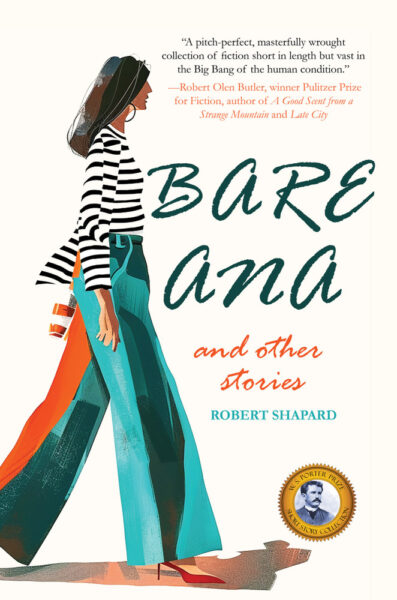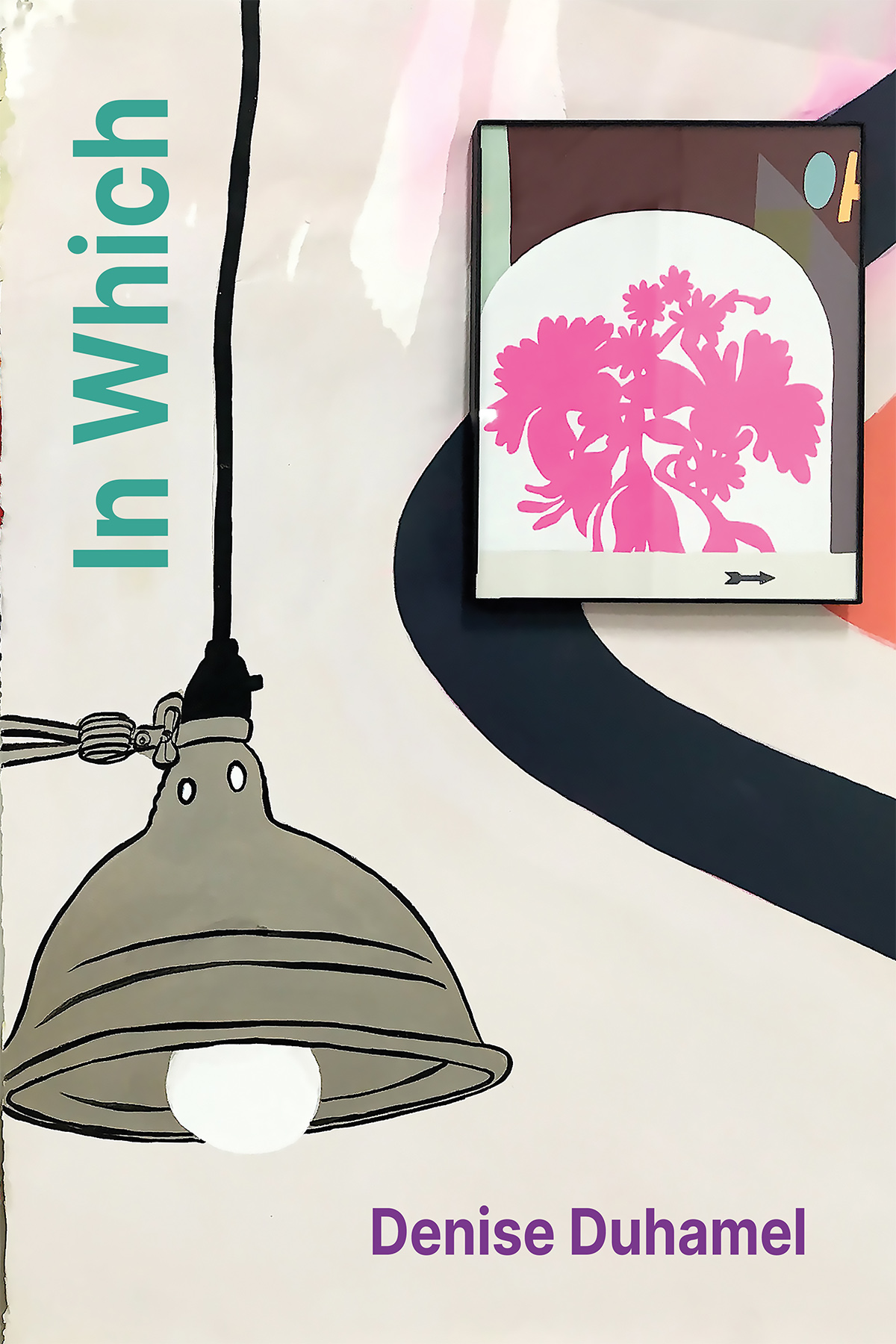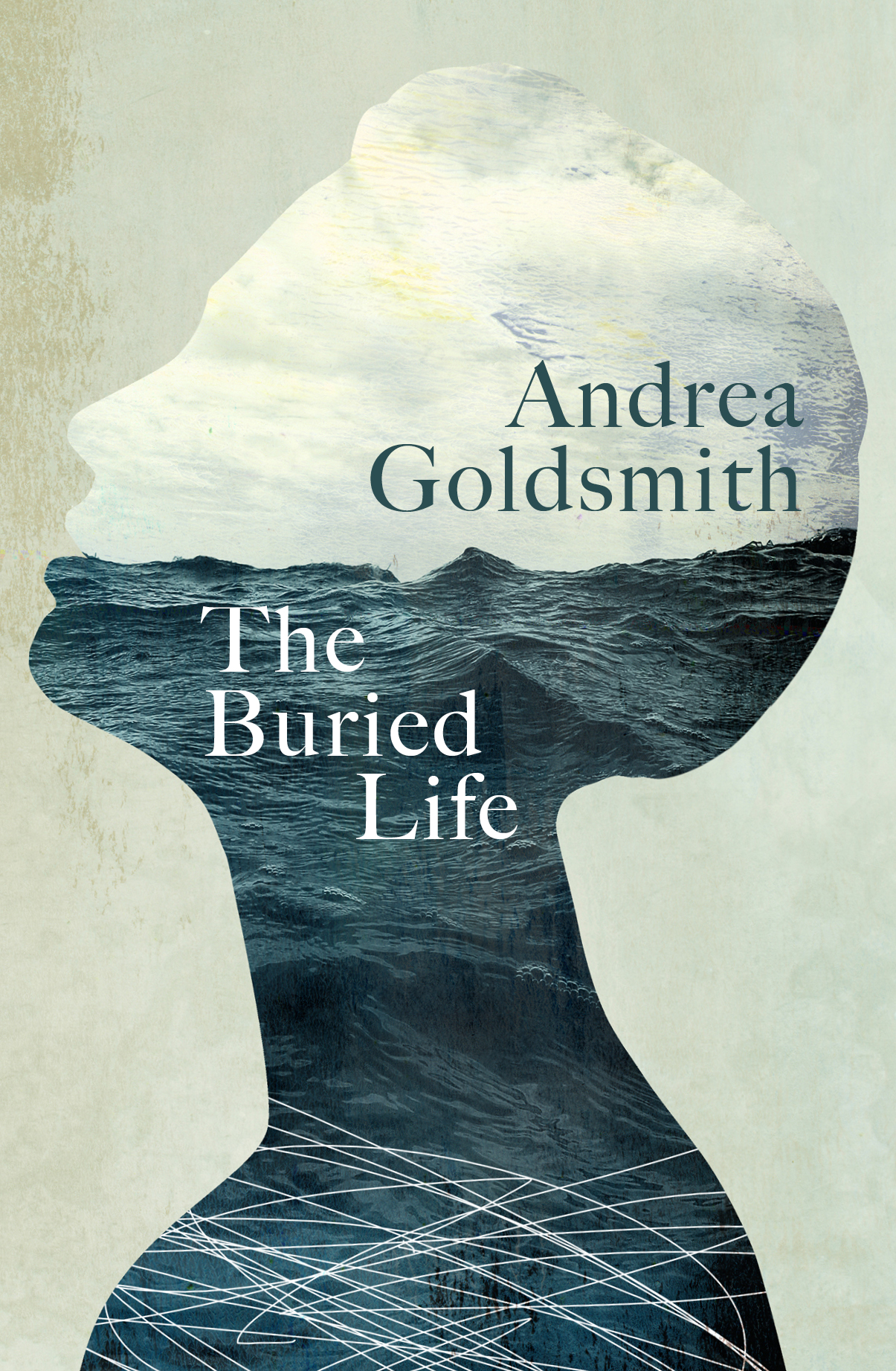 This book is a serious rippler. And readers, dare I say, will be left holding a naked baby higher and higher above their heads as they step deeper and deeper onto the rocky bottom of a raging waterway. Footing will inevitably grow faulty. Vision impaired. And eventually they’ll be submerged, needing to come up for air.
This book is a serious rippler. And readers, dare I say, will be left holding a naked baby higher and higher above their heads as they step deeper and deeper onto the rocky bottom of a raging waterway. Footing will inevitably grow faulty. Vision impaired. And eventually they’ll be submerged, needing to come up for air.
Category: Literary Fiction Reviews
A review of The Nothing by Lauren Davis
 Set against the misty isolation of the Pacific Northwest, these stories hum with a quiet unease, exploring themes of solitude, loss, and the strange ways reality can shift when you least expect it. The characters find themselves in unsettling situations where the ordinary turns uncanny, and the familiar feels just out of reach. Davis resists easy categorization, blending elements of the fantastic with grounded, emotional storytelling.
Set against the misty isolation of the Pacific Northwest, these stories hum with a quiet unease, exploring themes of solitude, loss, and the strange ways reality can shift when you least expect it. The characters find themselves in unsettling situations where the ordinary turns uncanny, and the familiar feels just out of reach. Davis resists easy categorization, blending elements of the fantastic with grounded, emotional storytelling.
A review of Deep Cuts by Holly Brickley
 The novel’s emotional depth matches its cultural resonance. The book is a cultural time capsule: Percy’s career choices scream the early 2000s, each chapter title is a nostalgic nod, and the deep dives into music cement the era’s atmosphere. There’s lots of nostalgia for the music of the noughties: Beach Boys, Green Day, Bowie, Neutral Milk Hotel…you get the drift.
The novel’s emotional depth matches its cultural resonance. The book is a cultural time capsule: Percy’s career choices scream the early 2000s, each chapter title is a nostalgic nod, and the deep dives into music cement the era’s atmosphere. There’s lots of nostalgia for the music of the noughties: Beach Boys, Green Day, Bowie, Neutral Milk Hotel…you get the drift.
A review of Bare Ana and Other Stories by Robert Shapard
 A spectrum of characters populates the prismatic flash in Bare Ana. Every story sings a surprise or a change of perspective. A couple honeymoons in Wakiki, but the husband falls off a twelfth-floor balcony. A young girl in a leotard flips an impossible set in front of a judges’ panel. A weather forecaster flies off – not to another television station – but on a renegade weather balloon.
A spectrum of characters populates the prismatic flash in Bare Ana. Every story sings a surprise or a change of perspective. A couple honeymoons in Wakiki, but the husband falls off a twelfth-floor balcony. A young girl in a leotard flips an impossible set in front of a judges’ panel. A weather forecaster flies off – not to another television station – but on a renegade weather balloon.
A review of In Which by Denise Duhamel
 Denise Duhamel has her serious side, too, if often couched in irony. In “Poem in Which I Have Doubts and Then Some Faith” she laments the demise of people reading books – people on the beach glued to their phones reading Instagram, texts, Whatever. And then she notes, “DeSantis wants to ban books,” referring to the autocratic governor of Florida, where she lives.
Denise Duhamel has her serious side, too, if often couched in irony. In “Poem in Which I Have Doubts and Then Some Faith” she laments the demise of people reading books – people on the beach glued to their phones reading Instagram, texts, Whatever. And then she notes, “DeSantis wants to ban books,” referring to the autocratic governor of Florida, where she lives.
A review of The Buried Life by Andrea Goldsmith
 Goldsmith writes with the perfect combination of intensity and restraint, balancing the forward motion of the novel’s rich plot, a linear arc of emotional awakening that picks up the book’s title, with philosophical reflection that leans into the poetic and unspoken qualities of music and poetry.
Goldsmith writes with the perfect combination of intensity and restraint, balancing the forward motion of the novel’s rich plot, a linear arc of emotional awakening that picks up the book’s title, with philosophical reflection that leans into the poetic and unspoken qualities of music and poetry.
A review of Griffintown Sisters by J. Emile Turcotte
 Griffintown Sisters is vividly written, with multi-faceted characters including strong, resourceful women. The sisters’ love for each other and their struggle for survival come across clearly. This book will provoke thought about whether or not things have changed much for people at the bottom of society’s ladder.
Griffintown Sisters is vividly written, with multi-faceted characters including strong, resourceful women. The sisters’ love for each other and their struggle for survival come across clearly. This book will provoke thought about whether or not things have changed much for people at the bottom of society’s ladder.
A review of Home of the American Circus by Allison Larkin
 Larkin has the uncanny ability to paint each person in Freya’s orbit as if they were living, breathing figures, complete with their own hopes, flaws, and secrets. Through her vivid descriptions and nuanced dialogue, each character feels indispensable to the story, enriching the tapestry of the small town and making Freya’s world achingly authentic and free from judgement.
Larkin has the uncanny ability to paint each person in Freya’s orbit as if they were living, breathing figures, complete with their own hopes, flaws, and secrets. Through her vivid descriptions and nuanced dialogue, each character feels indispensable to the story, enriching the tapestry of the small town and making Freya’s world achingly authentic and free from judgement.
Covid Kaleidoscope: A Review of Sleep Tight Satellite by Carol Guess
 Sleep Tight Satellite by Carol Guess is heartbreakingly human, beautifully vulnerable, and entirely unapologetic. Guess has brought forth a rich patchwork tying together poignant remembrances of the COVID-19 Pandemic and the complex web of queer relationships and identities.
Sleep Tight Satellite by Carol Guess is heartbreakingly human, beautifully vulnerable, and entirely unapologetic. Guess has brought forth a rich patchwork tying together poignant remembrances of the COVID-19 Pandemic and the complex web of queer relationships and identities.
A review of Love Prodigal by Traci Brimhall
 As is evident in her line about her mother telling her through her tears that she loves what her daughter’s done with her hair, Brimhall has a delightfully sly sense of humor. It’s on display in poems like “Admissions Essay” (“I could have been valedictorian if the metrics / were ardor and potential for transformation”), “Ode to Oxytocin at a Distance,” “I Would Do Anything for Love but I Won’t” (“cook lobster.
As is evident in her line about her mother telling her through her tears that she loves what her daughter’s done with her hair, Brimhall has a delightfully sly sense of humor. It’s on display in poems like “Admissions Essay” (“I could have been valedictorian if the metrics / were ardor and potential for transformation”), “Ode to Oxytocin at a Distance,” “I Would Do Anything for Love but I Won’t” (“cook lobster.